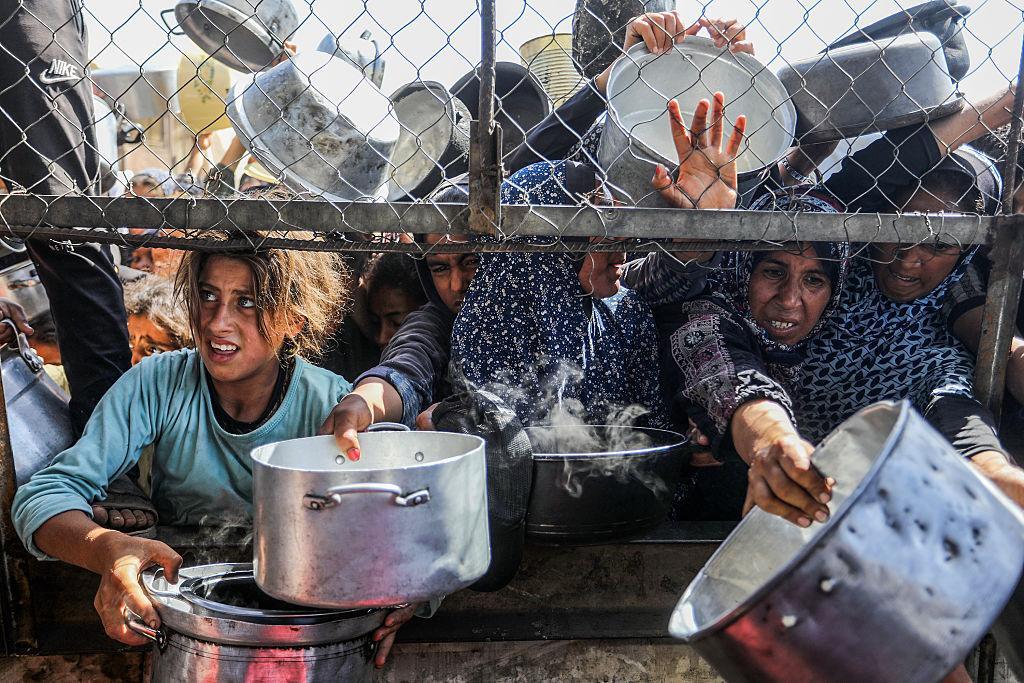
Eid in Gaza: Prayer Amid Ruins, Hunger, and Growing Humanitarian Crisis
As the world celebrated Eid al-Adha, a sacred Islamic holiday, on June 6, 2025, Palestinians in Gaza were forced to gather for prayers in open spaces due to the devastating destruction of mosques. The ongoing conflict and blockade have left a trail of destruction, displacement, and humanitarian crisis, making it a somber and challenging Eid for the residents of Gaza.
The Israeli-Palestinian conflict has been ongoing for decades, with the latest escalation in 2024 leading to a significant deterioration in the humanitarian situation. According to the United Nations Office for the Coordination of Humanitarian Affairs (OCHA), the conflict has resulted in over 54,000 lives lost, with thousands more injured and displaced. The sheer scale of destruction is staggering, with entire neighborhoods reduced to rubble, leaving many without access to basic necessities like food, water, and shelter.
As Eid al-Adha approached, the residents of Gaza braved the ruins to gather for prayers. The holiday, which commemorates the willingness of the Prophet Ibrahim (Abraham) to sacrifice his son Ismail (Ishmael), is a time of celebration and feasting. However, in Gaza, the atmosphere was somber, with many struggling to access the most basic needs. Food scarcity worsened, with the UN warning of an impending famine affecting nearly 500,000 people.
The humanitarian crisis is further exacerbated by the lack of aid distribution, which remains a significant challenge amid the escalating violence. Aid convoys are often delayed or blocked, leaving millions without access to essential supplies like food, medicine, and shelter. The UN has repeatedly called for increased access to Gaza, but the Israeli blockade and ongoing conflict have made it difficult to deliver aid to those in need.
The situation in Gaza is dire, with many residents struggling to make ends meet. The economy is in shambles, with unemployment rates soaring and poverty levels at an all-time high. The blockade has severely limited access to goods and services, making it difficult for people to access basic necessities like food, medicine, and fuel.
Despite the challenges, the people of Gaza remained resilient, gathering for prayers in open spaces and celebrating Eid al-Adha with what little they had. The holiday is a time for families to come together, share meals, and exchange gifts, but in Gaza, the focus was on survival and hope.
In the midst of the chaos, religious leaders and aid organizations worked tirelessly to provide support to those in need. Mosques and community centers were converted into makeshift aid centers, providing food, medicine, and shelter to those affected by the conflict.
The international community has been criticized for its inaction in the face of the humanitarian crisis in Gaza. The blockade and ongoing conflict have been condemned by numerous human rights organizations and governments, but concrete action has been slow to follow.
As Eid al-Adha came to a close, the people of Gaza were left to ponder the future. The conflict shows no signs of abating, and the humanitarian crisis continues to worsen. The resilience and faith of the Palestinian people in the face of adversity is a testament to their strength and determination.
In conclusion, the Eid al-Adha celebrations in Gaza were a somber reminder of the devastating humanitarian crisis facing the Palestinian people. Amidst the ruins, hunger, and growing crisis, the people of Gaza remained steadfast in their faith, gathering for prayers and celebrating the holiday with what little they had. It is our collective responsibility to support those affected and work towards a peaceful resolution to the conflict.
Source:
https://thecsrjournal.in/eid-al-adha-in-gaza-faith-endures-amid-devastation-and-food-shortages/






